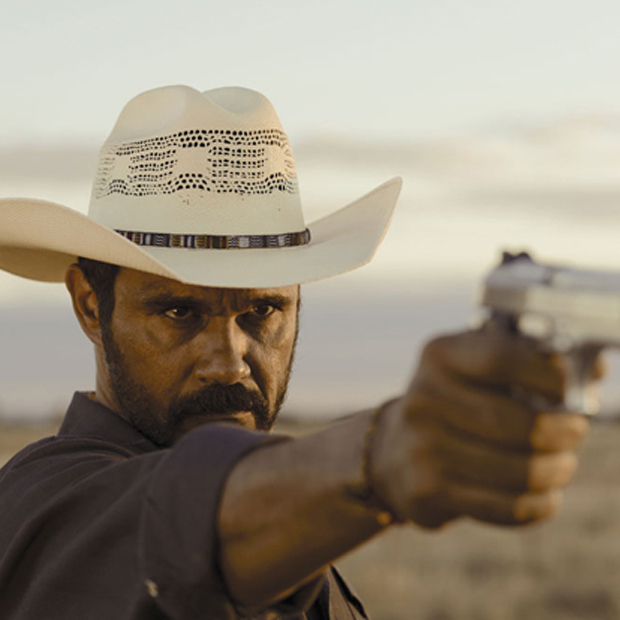
With the challenging neo-Western whodunnit, Mystery Road, Indigenous Australian director, Ivan Sen looks at issues of race and class through the lens of a classic genre film. TRAVIS JOHNSON reports.
If it wasn’t for Ivan Sen’s desire to stretch himself as a filmmaker, Mystery Road might have ended up looking pretty similar to his previous works.
“Initially I wanted to do a story about some teenage Indigenous girls living in a small town,” he recalls. “But when I went into that approach I realised I was making something similar to Toomelah and I didn’t want to repeat myself.”
Sen, who first came to wide notice with the 2002 drama, Beneath Clouds, before drawing considerable critical acclaim with 2011’s Toomelah, looked to be yet another in a long line of Australian social drama directors beloved by critics and largely ignored by audiences, but Sen admits to wanting to move out of the arthouse ghetto.
“I’ve always loved genre films,” he says. “And I’m heading that way with my work – I want to reach wider audiences and make bigger films. I guess the generic element worked its way into that initial idea, which was about a cop caught between two worlds, pretty much, an Indigenous cop who has to solve a crime while negotiating his way between a suspicious Aboriginal community as well as a white-dominated police force with elements of corruption and racism inherent in that.”
Thus, Mystery Road, which sees Aaron Pedersen’s Aboriginal detective strive to solve the murder of a young Indigenous girl, all the while contending with a host of less than trustworthy characters essayed by the likes of Hugo Weaving, Ryan Kwanten and David Field.
Pedersen, an Australian film and television veteran, was Sen’s first and last choice for the lead role. As he explains, “I wrote it for him. I had the first part of the idea about six years ago and I told him about it one night, but I didn’t revisit it until I finished Toomelah a couple of years ago and that’s when I sat down and wrote it. He’s known it’s been coming but he gets a lot of people saying stuff like that and it never happens. I wrote the draft before I called him up, and when I sent it to him he was so excited – I said, ‘Here you go, bro – you’ve got a whole feature film where you’re in every single scene.’ And he loved it because he got to speak with silences and use his eyes.”
Still, though a genre exercise, Mystery Road still tackles the racial themes that have featured so strongly in Sen’s work up to this date, although perhaps not as directly as before. “Merely having an Indigenous character at the core, being a black cop in a small town, makes it inherent.” he maintains. “The socio-political themes are inherent in him – he’s a product of colonisation. I didn’t have to worry too much about that stuff, because it was always going to show on him. My intention was always to kick it off as a murder mystery and the first convention is having a body turn up in the first five minutes and that’s what happens. So, for me it was the genre driving the film, the story, and then the social elements coming as layers – which people can take as much as they want out of but, in the end, it’s the mystery of the murder and the enhancement of the Western genre which is the crux of the story.”
Those Western elements grew from both the film’s chosen setting and Sen’s own fascination with Aboriginal stockmen and trackers. “I always had a fascination for the Indigenous tracker, the black tracker, and I think that’s probably why. I’ve always had to move between the two worlds like they do and Indigenous people do when they work for the government and for their communities, which is what this detective is trying to do. These cowboys are loners and they’re always in nature with a horse, in a natural environment. That’s something that, I guess, is similar to my own character – I’m drawn towards nature and I’m drawn towards being alone. And I don’t mind guns – I grew up around guns. there’s something about a gun that… I don’t know… it’s a part of the package of being out there in the country. And Indigenous people have been cowboys in this country since colonisation – they’re like the best horsemen you can find in the country.”